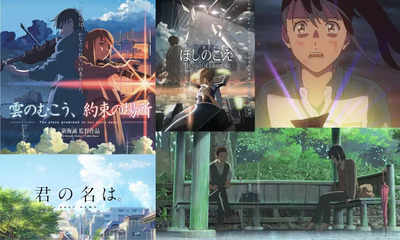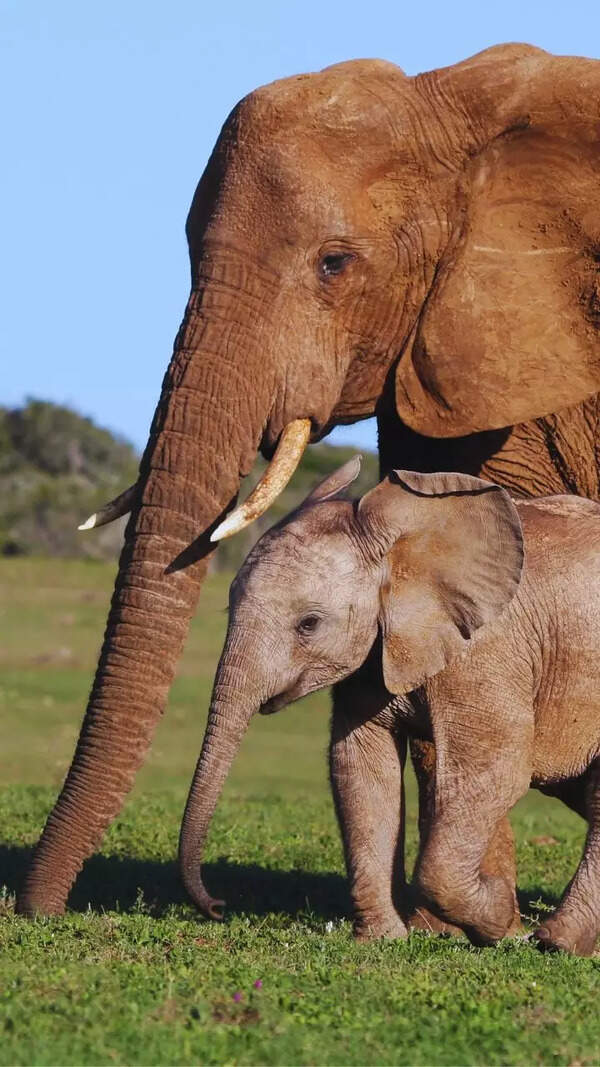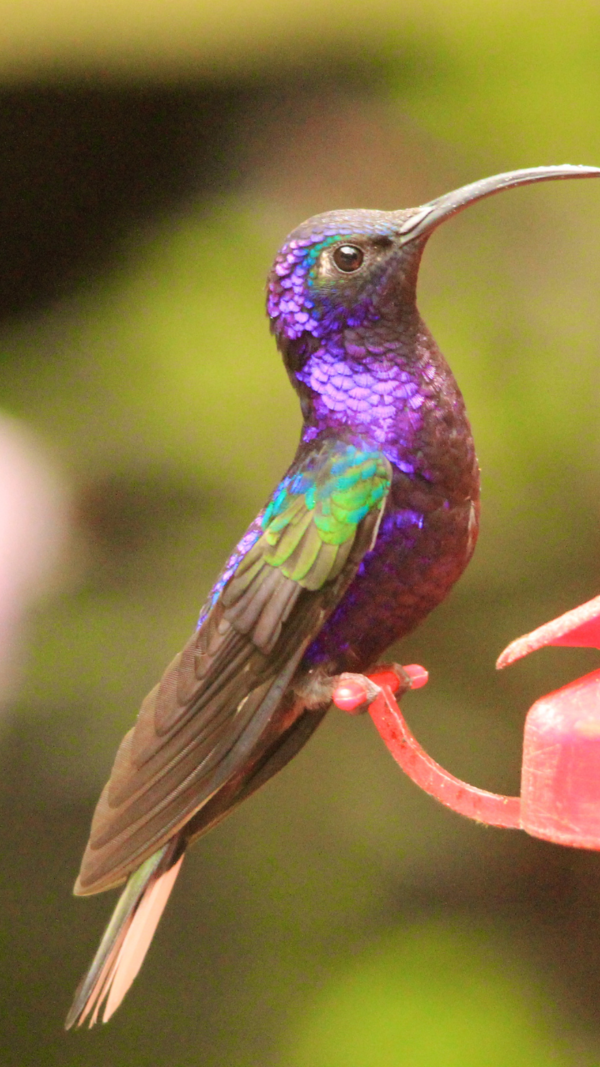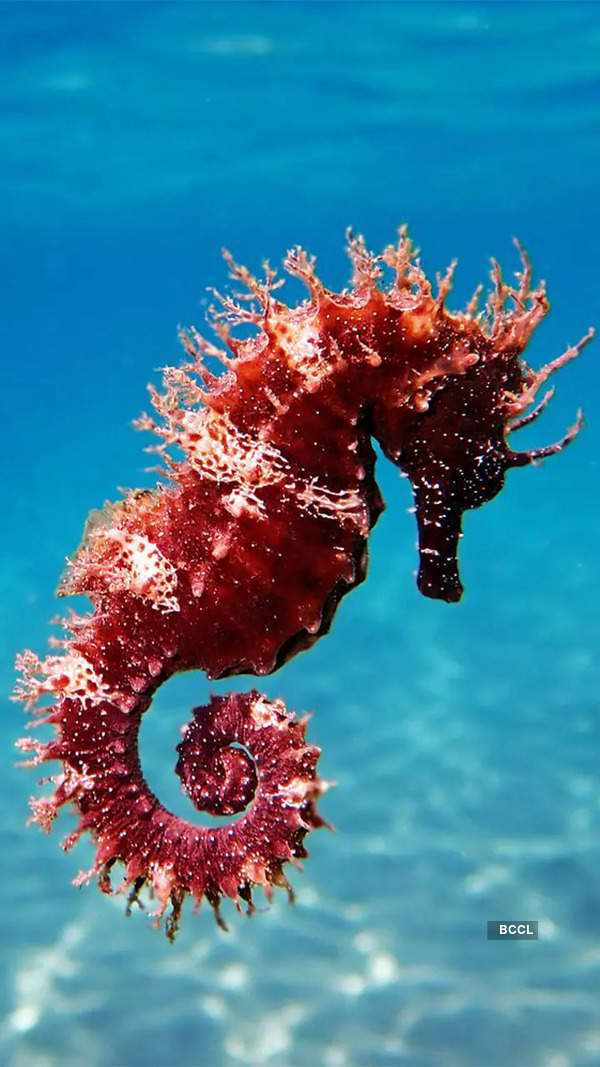- News
- entertainment
- Exploring the Cinematic world of Makoto Shinkai
Trending
Exploring the Cinematic world of Makoto Shinkai
Makoto Shinkai, a globally recognized Japanese filmmaker, is celebrated for his emotionally resonant and visually stunning animated films. His works, including hits like *Your Name* and *Suzume*, blend romance, fantasy, and coming-of-age themes. The article provides a comprehensive overview of Shinkai's filmography, highlighting key themes, plot summaries, and availability on streaming platforms.
Japanese filmmaker Makoto Shinkai has become one of the most recognised names in global animation, known for his emotional storytelling and visually striking films. With international hits such as Your Name and Suzume, Shinkai’s works continue to attract attention for their blend of romance, fantasy, and coming-of-age themes.
Here is a complete list of Makoto Shinkai’s movies, in order of release, with a closer look at each one.
1. Voices of a Distant Star (2002)

Shinkai’s breakout short film follows two young lovers separated by time and space. As one travels on a space mission to battle aliens, the two stay connected only through text messages delayed by light-years. The film explores themes of distance and longing, all created almost entirely by Shinkai himself on a home computer.
2. The Place Promised in Our Early Days (2004)

Set in an alternate future where Japan is divided after World War II, this sci-fi drama centers around three friends whose childhood promise becomes the key to a mysterious tower and a girl trapped in a coma. The film weaves political intrigue with personal emotion, marking Shinkai’s debut feature film.
3. 5 Centimeters Per Second (2007)

Told in three connected segments, this deeply emotional story follows a boy and girl from childhood through adolescence and adulthood, as their relationship is strained by time and distance. With stunning visuals and subtle storytelling, it reflects the slow and quiet pain of growing apart.
4. Children Who Chase Lost Voices (2011)

In this fantasy adventure, a young girl sets off on a journey to the land of the dead to reunite with a lost loved one. Along the way, she confronts ancient creatures, secret organisations, and the question of whether the dead should ever return. This film marks Shinkai's most action-driven and Studio Ghibli-inspired work.
5. The Garden of Words (2013)

A teenage boy aspiring to be a shoemaker meets an older woman skipping work in a rainy Tokyo park. As their encounters continue, they form a deep yet socially complicated bond. Known for its breathtaking animation, particularly the rain sequences, the film explores themes of loneliness and personal growth.
6. Your Name (2016)

A massive global success, this romantic fantasy follows a teenage girl in rural Japan and a boy in Tokyo who mysteriously begin switching bodies. As they search for each other across space and time, they uncover a natural disaster that could tear them apart forever. The film became a cultural phenomenon and Japan's highest-grossing anime movie at the time.
7. Weathering With You (2019)

Set in a Tokyo experiencing endless rain, a runaway teen meets a girl with the power to bring sunlight. As they grow closer, they face choices that could change the weather—and their lives. This film combines climate themes with romance and continues Shinkai's visual legacy with striking sky and city imagery.
8. Suzume (2022)

This road movie follows a high school girl who encounters a mysterious man searching for magical doors that cause natural disasters. As she joins him across Japan to close the doors, she must face her past and the trauma of loss. Suzume blends personal healing with national tragedy, reflecting on themes of disaster recovery and emotional resilience.
Streaming and availability
Netflix: Your Name, 5 Centimeters Per Second, The Garden of Words, Children Who Chase Lost Voices
Crunchyroll and Amazon Prime Video: Selection varies by region
Theatrical releases: Suzume and Weathering With You had global cinema releases and are now available on digital platforms
Awards and global reach
Makoto Shinkai is frequently compared to Studio Ghibli’s Hayao Miyazaki for his influence on modern anime cinema.

About the Author
TOI Entertainment DeskEnd of Article
FOLLOW US ON SOCIAL MEDIA
Visual Stories
Tired of too many ads?










